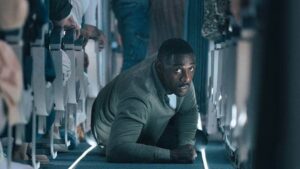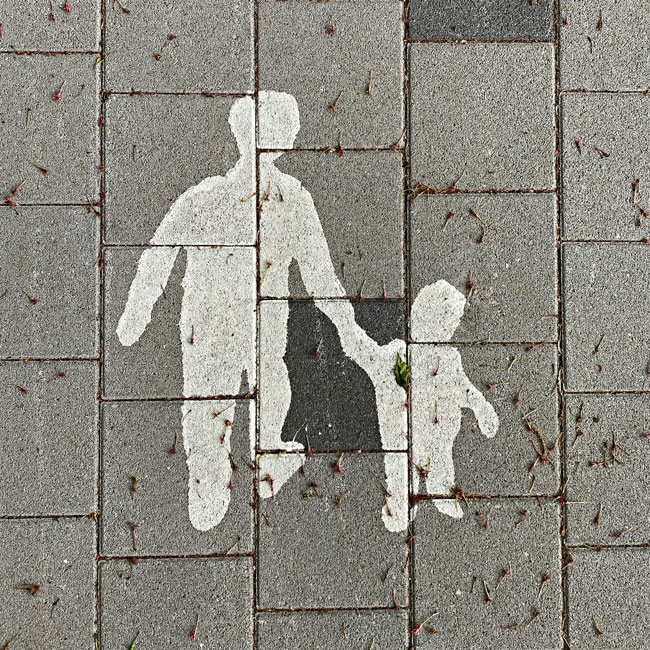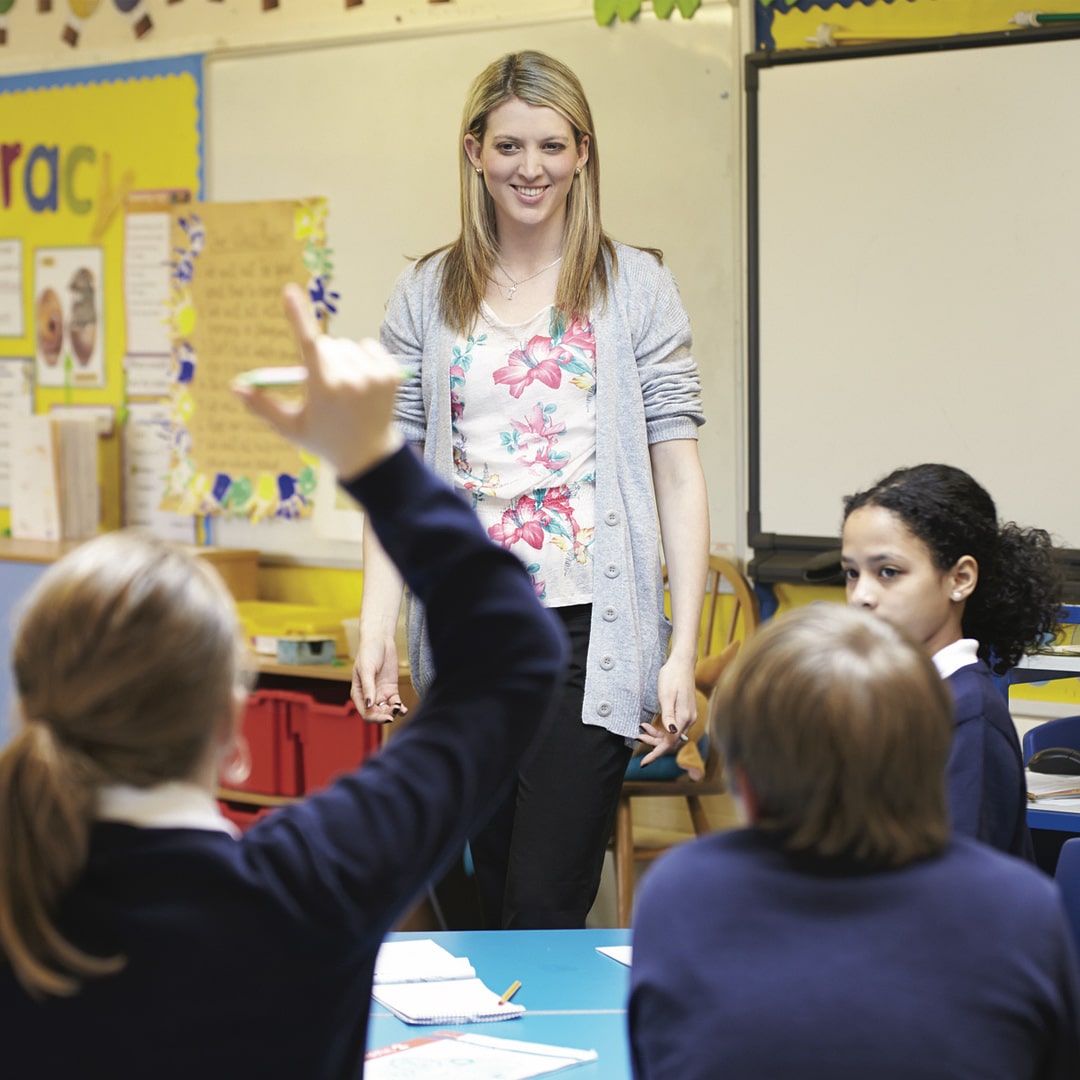
But how do you know? Hijack and the ethics of risk
Opinion + AnalysisRelationshipsSociety + Culture
BY Joseph Earp 18 OCT 2023
Hijack, the new Idris Elba-starring miniseries, opens with every airline passenger’s nightmare – a bullet, found in the bathroom of a plane. Within moments, things go from bad to worse.
The ragtag group of heroes, a collection of passengers led by Sam Nelson (Elba), a corporate business negotiator, find themselves in the middle of a hijacking plot, surrounded by criminals, and unable to get help from those down on the ground who, we quickly learn, are ensnared in the plot themselves.
Such a format is not necessarily new – television and film have been littered with stories of hostile airline takeovers, from the big brash action of Air Force One, to the real-world horror of United 93, a tragic retelling of the 9/11 attacks. But what sets Hijack apart is its rapidly escalating sense of dread. Time and time again, Sam and his fellow passengers are faced with impossible decisions, and time and time again, they are foiled. That opening nightmarish feel only deepens – you know those dreams where everything goes wrong; where you are powerless; where the adversaries keep mounting? That’s key to Hijack’s tone, a story of ever-escalating horrors, through which Sam must try to keep himself – and his ethical code – alive.
Indeed, this mounting sense of risk means that Hijack poses an interesting question about ethical deliberation under fire. Sam, who is well-versed in negotiation, but not well-versed in negotiation where the stakes are so high, must repeatedly make rapid-fire decisions. Does he send a text to his wife? Does Sam continue his attempted revolt after he discovers that the hijackers know who his family are, and will kill them if anything goes wrong? Does Sam rush the cockpit? And how responsible will he ethically be if he fails? How much blood is on his hands?
Decision making turned up to 11
The problem of ethical decision-making under fire is essentially the problem of the difference between theory and practice. Sit people down and ask them what the right thing to do is, give them time, don’t hurry them, and psychological studies show that they’ll have a better chance of choosing the ethical answer.
In a famous experiment known as The Good Samaritan, a group of priests-in-training were told to head across a university campus to deliver a speech on the importance of helping others. Some of these priests were given ample time to make it across the campus; others were told they had to rush. Along their trip, the experimenters planted a person in need – an actor, who feigned being sick, and asked for help. The majority of those priests who had been told they weren’t in a rush stopped to help. But the priests who had to move fast, and were stressed and distracted, largely ignored the actor – even though they were literally on their way to give a speech on how to care for their fellow human beings.
The experiment shows that the more that pressure increases – particularly time pressure – the less likely we are to do the right thing. Which poses a significant problem for ethical training. How can you fight against the forces of a chaotic world?
Philosopher Iris Murdoch was aware of the everyday pressures that we meet constantly. For that reason, she considered ethical training a process which prepares us to act unthinkingly. The more we make the right decisions when we do have time, the more likely we are to shape our instincts to be more ethical, and therefore act virtuously when we don’t have time. In this way, Murdoch collapses theory into practice, treating them not as divorced from one another, but with theory informing practice.
Which is a view that Hijack supports. Sam’s cushy day job has given him an unusual set of skills that he himself didn’t even realise that he had. All that work he conducted for years? It was training for this moment.

The ethics of risk
A related issue pertaining to theory and practice is the unknowability of the future. Thought experiments and ethical dilemmas conducted theoretically can have clear right or wrong answers, based on outcomes. But when we’re actually moving through the world, we’re blind to these outcomes. More often than not, we’re stumbling through the ethical world, making decisions based on the hope that things will work out, but never actually knowing if they will.
This is the ethics of risk, extensively covered by the philosopher Sven Ove Hansson. According to Hansson, “risk and uncertainty are such pervasive features of practical decision-making that it is difficult to find a decision in real life from which they are absent.”
Hansson’s solution to this problem is to consider “fair exchanges of risk.” He forgoes the idea that we will never be perfect moral creatures. Because the world is uncertain, we can only ever move towards good ethical actors. There’s no way that we can ever always do the right thing, and nor should we expect ourselves to. Instead, we must try. That is the important part.
So it goes in Hijack. Sam is a flawed main character, who frequently makes errors while trying to save those around him. But we, as audience members, forgive him for this. We don’t judge him for the plans that fail. We see his movement towards good behaviour, and that’s what matters.
In that way, we can also see theory and practice moved out of contention with each other. Theory is the goal; practice is the action. We’ll never live in a fully theoretic state. But what Hijack tells us, is in the face of that impossibility, we should not throw up our hands. We should instead keep moving towards theory – a spot on the horizon that is forever escaping us, but that we never stop chasing.
Ethics in your inbox.
Get the latest inspiration, intelligence, events & more.
By signing up you agree to our privacy policy
You might be interested in…
Opinion + Analysis
Climate + Environment, Health + Wellbeing, Society + Culture
Melbourne Cup: The Ethical Form Guide
Opinion + Analysis
Politics + Human Rights, Society + Culture
Making sense of our moral politics
Opinion + Analysis
Politics + Human Rights, Relationships
Ask an ethicist: do teachers have the right to object to returning to school?
Opinion + Analysis
Relationships, Climate + Environment




